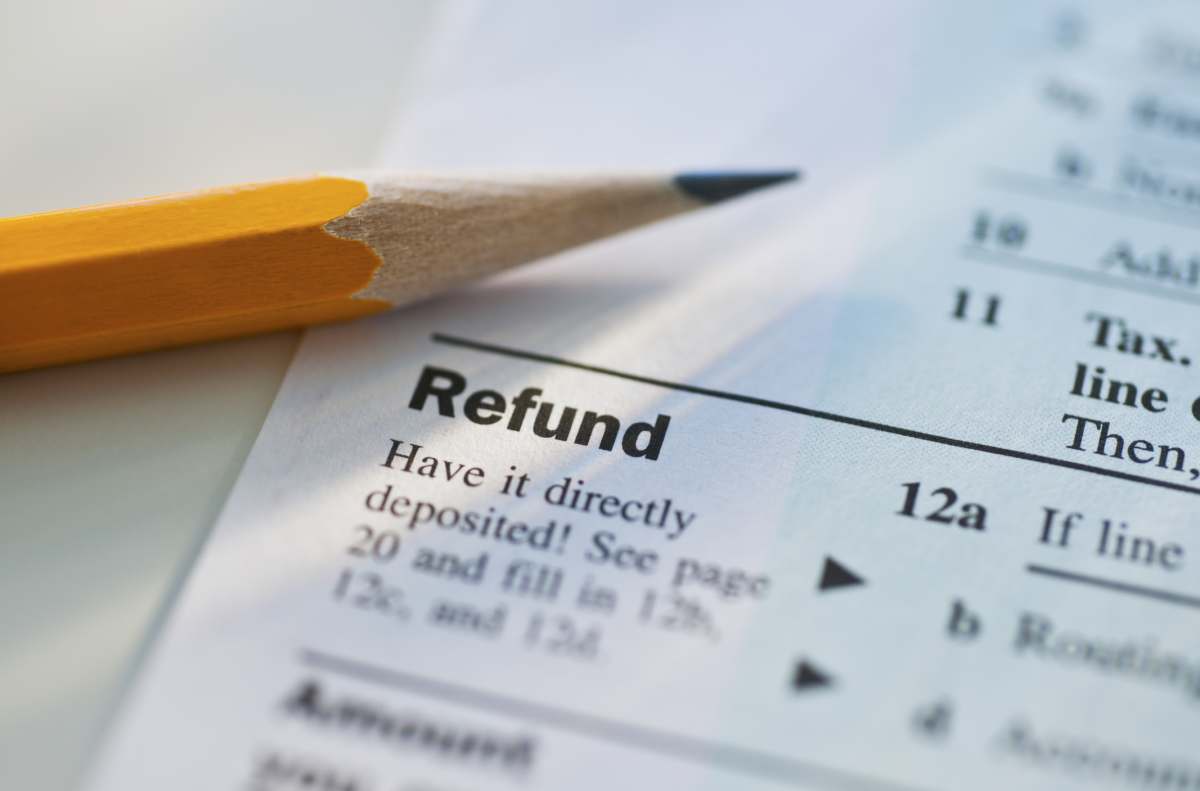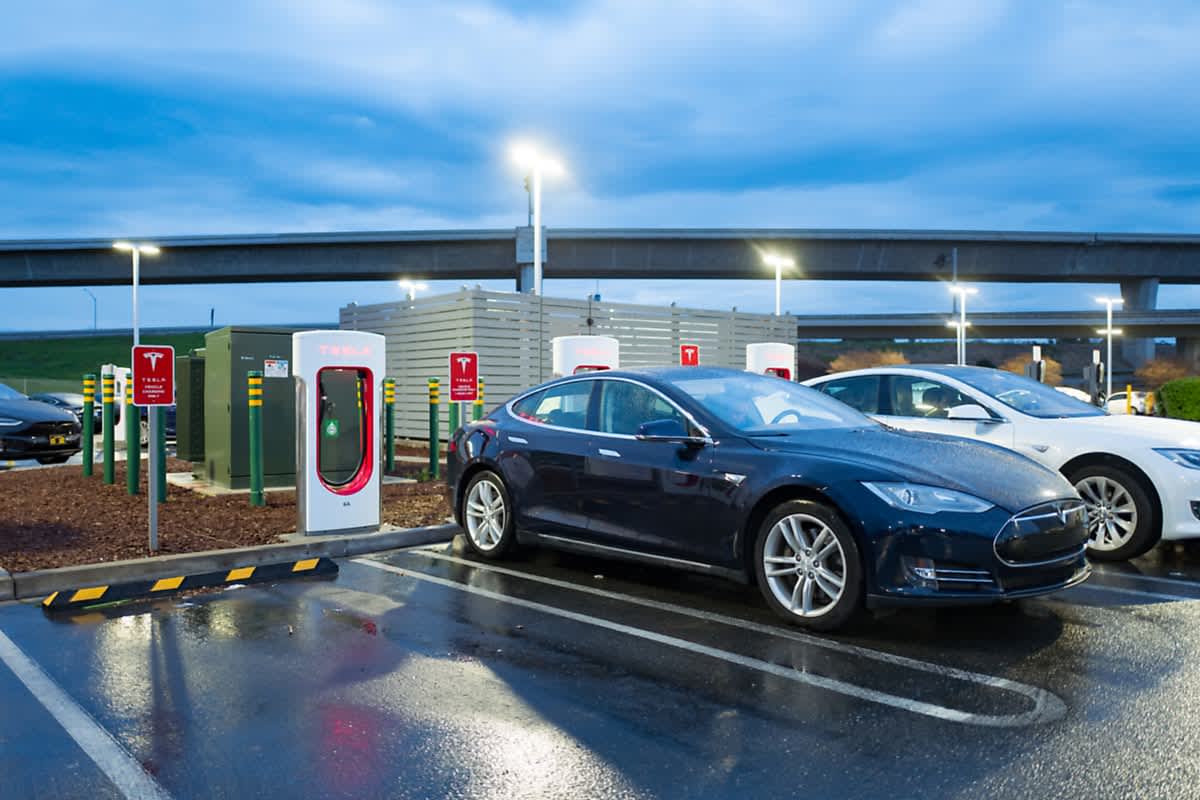Trump's OBBBA offers $10,000 tax rebate on car loans — but here's why it's useless for most Americans

Since President Donald Trump introduced the One Big Beautiful Bill Act, its pros and cons have been the subject of intense debates. The "No Tax on Car Loan Interest" deduction has been making headlines. The $10,000 tax benefit sounds like a dream come true for aspiring drivers, but in reality, it may be far-fetched for the American middle class. According to economists and AOL's Cassidy Horton, the perk only applies to a small group of buyers, and for normal citizens, the rebate may not offset more than a few hundred dollars.

According to the provisions of the deduction, drivers may get up to $10,000 rebate in interest on an auto loan taken after December 31, 2024, for the tax years through 2025 to 2028, as per Investopedia. Those who buy vehicles for personal use are eligible for this rebate. The final assembly of the vehicle must be done in the U.S., which can be checked using the VIN. The income limit to qualify for the rebate is $100,000 for single filers and $200,000 for joint filers. The cars also need to weigh less than 14,000 pounds, which most passenger vehicles do. The deduction is available on refinanced loans as long as the requirements are met.

While the $10,000 rebate sounds significant, it is extremely tough to make the most of it. As per AOL's calculations, if a buyer takes out a five-year loan on a $40,000 car at 7% interest, they would pay about $2,580 in interest in the first year. In case the buyer falls in the common 22% tax bracket ($48,475 to $103,349 for single filers or $96,950 to $206,699 for joint filers), the deduction would only save them $570 on taxes. Thus, to max out the $10,000 rebate, a buyer would need a $150,000 car loan. However, a person who can afford to spend that much may not be eligible for the rebate as the deduction phases out for incomes above $100,000.
Furthermore, since used cars, leases, and foreign-assembled vehicles, which include popular models from automakers like Kia, Chevrolet, and Hyundai, are not eligible, the rebate is hard to access for the American middle class.

The same concerns were raised in a CNN report when the OBBBA was announced. The report cited Edmunds.com to point to the fact that in May 2025, the average total interest paid over the life of a new-vehicle loan was just $9,851, and the average term of those loans was 69.5 months, in the first quarter. Furthermore, the report cited the Institute on Taxation and Economic Policy, which estimated that a 5% hike in vehicle prices would result in no benefits, as for all eligible groups, the rebate would fail to offset even a 3% price increase. However, the deduction does take a little sting out of high auto loan interest rates, the AOL report mentioned.
More on Market Realist:
Amid Government Shutdown, Trump Tears Down White House East Wing to Build a Ballroom
After Launch of $100,000 Watch, People Are Wondering Who Gets the Money From Official Trump Merch
Walmart could suffer a massive $2 billion loss as Trump admin halts SNAP benefits























